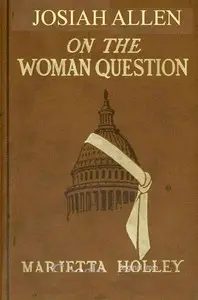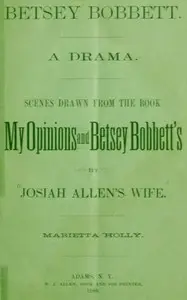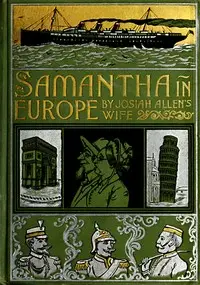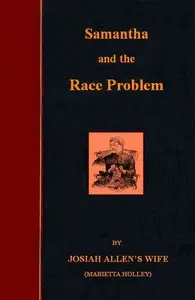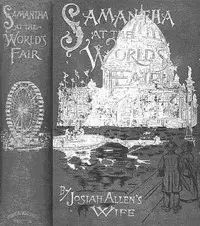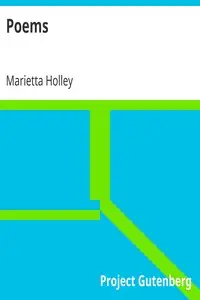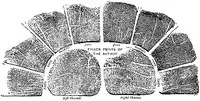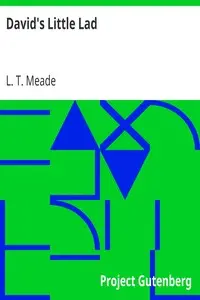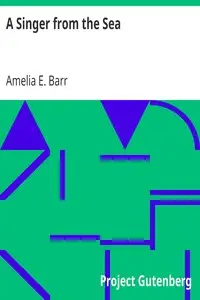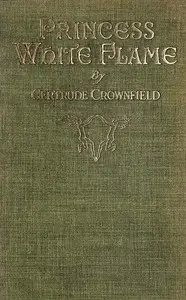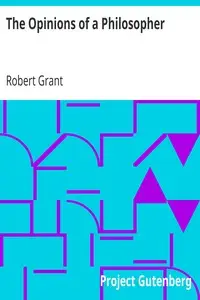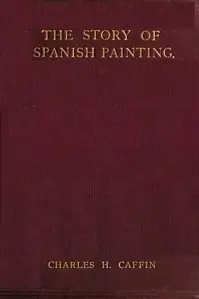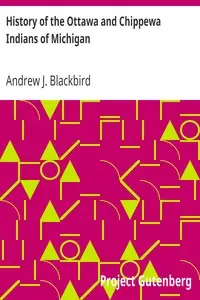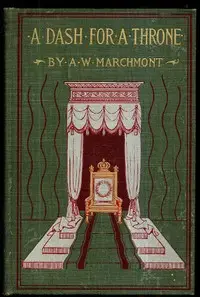"Josiah's Secret: A Play by Marietta Holley" is a comedic play written in the early 20th century. The story revolves around the dynamics of a marriage between Josiah Allen and his wife, Samantha, exploring themes of gender roles, societal expectations, and the nature of work and love within the domestic sphere. Through witty dialogues and humorous exchanges, the play critiques the perceptions of women's roles in society and touches upon the idea of women's suffrage, all while maintaining a lighthearted tone. The play unfolds in three acts, primarily depicting the daily life and struggles of Samantha as she manages household duties while dealing with her husband’s outdated notions about women's place in society. As Samantha tries to embody the ideal of a charming, passive woman as suggested by an article Josiah admires, she humorously showcases the absurdity of this stereotype. Josiah’s bemusement at her efforts leads to hilarious situations that highlight the contrast between his expectations and her reality. Ultimately, the play concludes with a recognition of the importance of women's work, both in the home and in the broader political context, suggesting that true fulfillment comes from cooperation and understanding rather than pretense. (This is an automatically generated summary.)
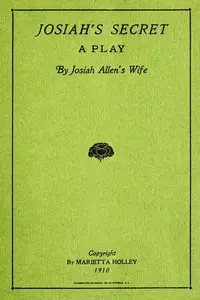
Josiah's Secret: A Play
By Marietta Holley
"Josiah's Secret: A Play by Marietta Holley" is a comedic play written in the early 20th century. The story revolves around the dynamics of a marriage...
Marietta Holley, was an American humorist who used satire to comment on U.S. society and politics. Holley enjoyed a prolific writing career and was a bestselling author in the late 19th century, though she was largely forgotten by the time of her death. Her writing was frequently compared to that of Mark Twain and Edgar Nye. Along with Frances Miriam Whitcher and Ann S. Stephens, Holley is regarded as one of America's most significant early female humorists. Her work appealed to all classes of society. Her readers were scattered over the entire world, and included men and women of every station and grade. Her books were widely read in Europe.

